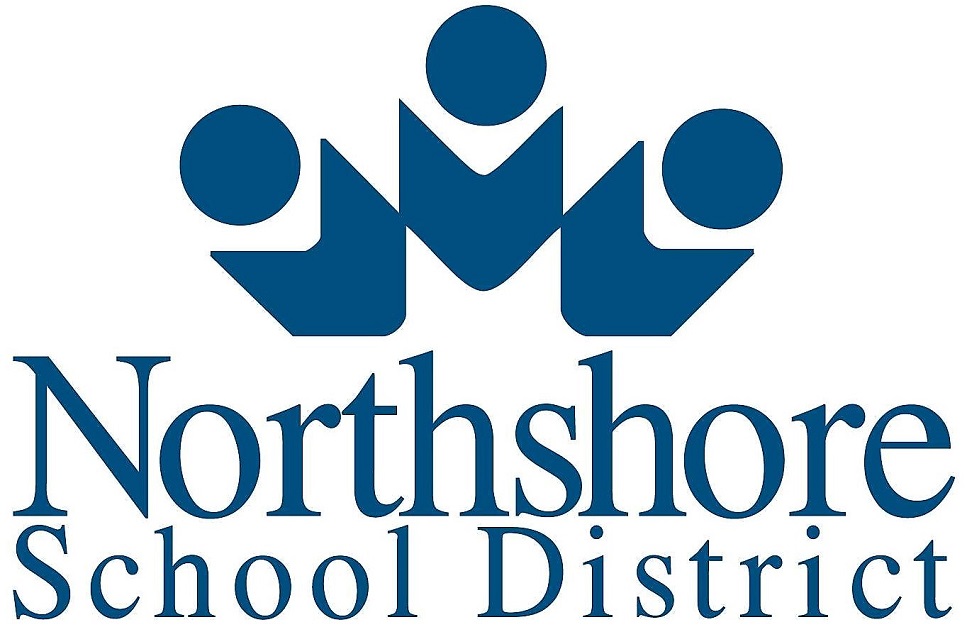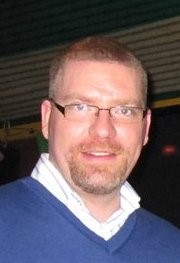
The School of Educational Studies designed a program in collaboration with the Bothell-based Northshore School District to help teachers focus on equity and social justice by challenging ideas of white supremacy.
The curriculum was developed by UW Bothell faculty in the Leadership Development for Educators (LEDE) program, which is directed by Associate Professor Tyson Marsh.
“It’s an opportunity to do a deep dive, exploring the social, economic and political inequities that continue to be reproduced through schooling in this country,” said Marsh, who has been at the University since autumn quarter 2019.
Local partner, global moment

Talks with the Northshore School District about a leadership program began last November. Plans were revised, first in response to the coronavirus pandemic and then to the national protests following the death of George Floyd, Marsh said.
“Folks are starting to realize the extent to which some of the things we’ve seen play out on our television screens are connected to their daily lives,” he said. “The program has been adapted for the current moment we’re in.”
The program launched online Sept. 19 with about 50 participants. The opening presentation looked at the origins and reproduction of white supremacy in society and at eliminating it as a force in schools.
After that foundation, teachers could take one of three workshops, called academies, to go deeper into culturally responsive leadership, ethnic studies as a counter-narrative and leadership for youth and community engagement. Each academy runs three or four hours and will be offered a second time later this academic year.
Participants also are expected to develop a research project, which would extend the relationship with UW Bothell. “We are looking at this as the initial phase of our collaboration,” Marsh said.
Building partnerships
Marsh believes this educational model can be extended to districts in other parts of the state. “My hope is that we’ll do a more effective job in K-12 schools engaging youth — specifically youth from minoritized communities. This is long-term work,” he said.
Melissa Riley, a 2013 graduate of the LEDE program and assistant director of equity pedagogy for the school district, helped set up the program.
Professional development that deepens understanding of educational justice builds the capacity to see each student as an individual, she said.
“Staff were inquisitive, reflective and engaged deeply in intimate conversations about their own identities as well as in courageous discourse about the inequities that are still perpetuated in our school systems,” Riley said.
One cornerstone of the partnership with UW Bothell is the exploration of participatory action research. “This model will guide staff in schools and departments to collaboratively identify a problem of practice that they, as teams, authentically desire to change or solve,” Riley said.
Centering on equity
LEDE is currently being revamped to focus more on educational justice and equity, Marsh said. The program with the Northshore School District is an example.
“This program is the embodiment of the way we need to do educational and cultural work, and that is through collaboration and reflecting on and listening to the immediate needs of our community through an equity lens,” he said. “We need to provide services in a different way than in the past.”



